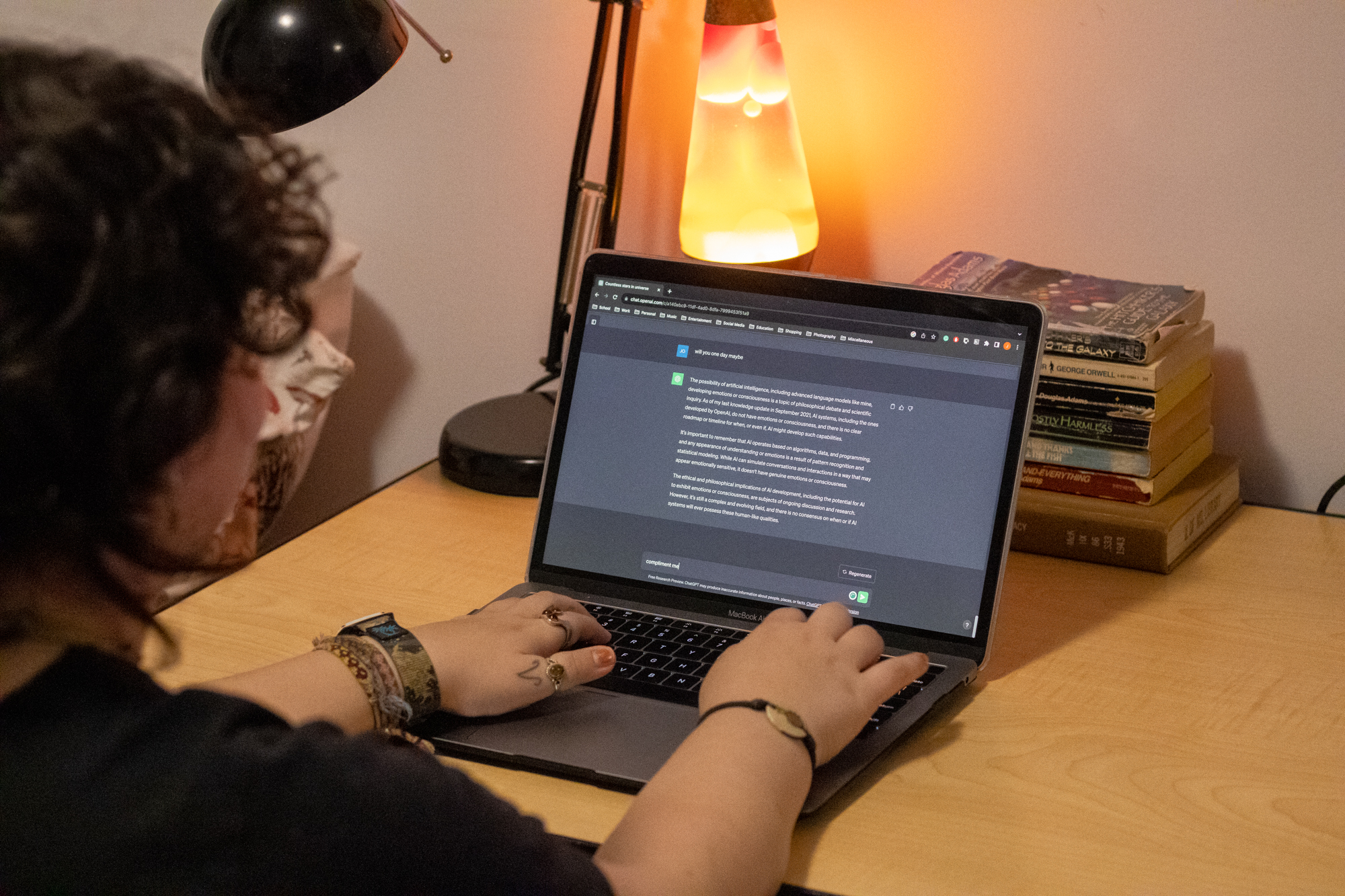Views expressed in opinion columns are the author’s own.
University of Maryland president Darryll Pines recently responded to plagiarism allegations by requesting a full investigation into the claims. The actuations center on work he co-authored in 2002 and 2006. The claims emerge in a politically charged environment and highlight an ongoing debate about plagiarism in higher education. As more high-profile figures find themselves accused of intellectual dishonesty, a new question emerges: how can institutions balance upholding academic integrity while ensuring fair evaluations of such accusations?
The solution can be found in AI tools. They offer institutions the opportunity for a more efficient way of upholding academic integrity by proactively identifying discrepancies in scholarly work before they surface in the automated process. Allowing institutions to protect the reputation of scholars and maintain the credibility of academic publications would prevent politically motivated attacks.
Plagiarism has always been a serious offense in academia. But in recent years, it has also become a tool for targeting individuals in high-ranking positions, creating confusion around what constitutes genuine misconduct.
In Pines’ case, the allegations have raised questions over his leadership, paralleled with the case of former Harvard President Claudine Gay, who also faced scrutiny under similar circumstances. Christopher Rufo, a conservative activist involved in recent academic controversies, has admitted to using these accusations as part of a larger strategy against university leadership, accusations can be used as a tactic targeting people of color in leadership positions among higher education.
Despite this, maintaining academic integrity is crucial. Universities have a responsibility to investigate claims of plagiarism and hold those guilty of misconduct accountable. But academic institutions must remain wary against misuse of these accusations, which can be deployed to undermine the credibility of academic leaders.
Two developments have made plagiarism easier to detect: the rise in publication rates and increased sophistication of AI-driven plagiarism detection. These tools can scan massive databases and flag minor similarities between texts in seconds, making it easier to identify potential cases of plagiarism.
Heightened scrutiny has led to a surge in accusations. But at the same time, these AI tools offer a significant advantage: they can catch mistakes early in the peer-review process, providing an extra layer of security. By flagging potential issues before publication, AI helps prevent not only misconduct but also bad-faith attacks from slipping through the cracks.
Automating peer review offers a solution to the current academia challenges. AI tools, already used for detecting plagiarism, could be expanded to evaluate compliance with research standards, detect statistical errors and evaluate whether ethical standards are met. This approach not only helps catch misconduct but also prevents errors from being weaponized in bad-faith attacks.
At this university, a search committee collects data and determines a finalist for university president before the University System of Maryland’s Board of Regents votes to confirm the decision. In the search and evaluation process, there needs to be an intense vetting system that ensures the candidates’ publications do not contain plagiarism. This procedure can be more accurate and efficient with AI tools, which is necessary in a time when the technology is being used to hold others accountable — not for a commitment to academic integrity but sometimes to cast shame within the public eye.
Pines’ extensive body of work spanning decades should not be overshadowed by a single accusation. Prevention is important, and with automated tools integrated into the peer-review process, discrepancies can be flagged earlier, allowing for corrections before they reach a public forum. This technology can also help identifying compliance issues, such as whether papers meet journal policies, reporting guidelines and have transparent research methodologies.
Plagiarism is a serious offense, but in an age of increased scrutiny and public discourse around academic leadership, it’s essential that universities further fortify. AI tools are a necessity in this day and age, which will provide institutions with more certainty that their academic work maintains the highest standards while protecting against politically motivated accusations.
Anderson Lemus-Del Cid is a senior government and politics and philosophy major. He can be reached at alemus02@terpmail.umd.edu.



